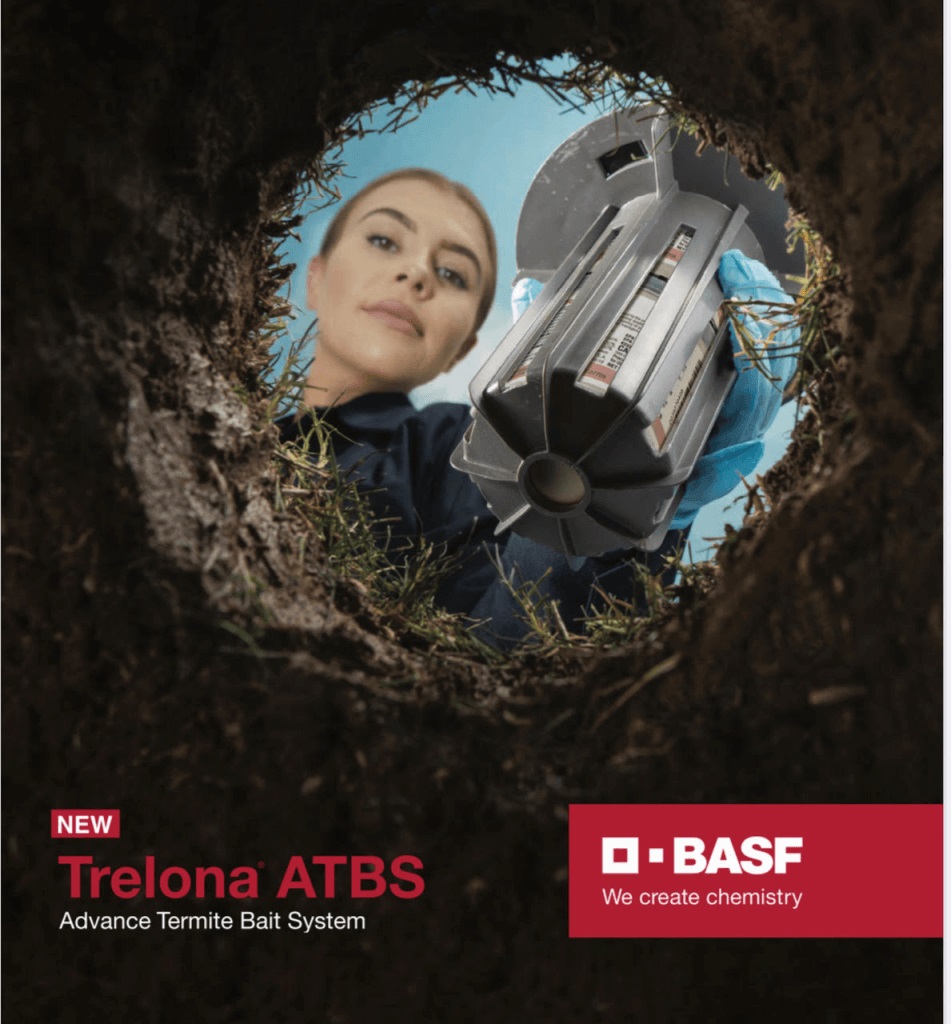
BOOK NOW
Under 60 Seconds
BOOK NOW
Under 60 Seconds
02 87 66 05 89
CALL US FOR EXPERT ADVICE OR FREE QUOTE
0404 130 944
CALL US FOR EXPERT ADVICE OR FREE QUOTE
0404 130 944
Call for Expert Advice or Free Quote

Under 60 Seconds
Under 60 Seconds
CALL US FOR EXPERT ADVICE OR FREE QUOTE
CALL US FOR EXPERT ADVICE OR FREE QUOTE
Call for Expert Advice or Free Quote
As spring arrives in Sydney, the warming weather and increased humidity create the ideal conditions for termites to become more active. For homeowners, this means it’s crucial to pay attention to termite inspections during this season. Termites pose a significant threat to properties, and understanding their behaviour in spring can help prevent serious damage. This article explores why termite inspections are essential, the threats termites pose, how spring impacts their activity, signs of infestation, what a professional inspection entails, and the best preventative treatments.
Termites are often referred to as “silent destroyers” because they can cause extensive damage to wooden structures and furniture without obvious signs of their presence. This threat is particularly concerning for Sydney homeowners due to the city’s climate, which provides a favourable environment for termites.
Termites feed on cellulose found in wood and wood-based materials. This feeding can compromise the structural integrity of homes, leading to significant damage. They can silently eat away at timber frameworks, flooring, and furniture, resulting in costly repairs and weakened structures.
The damage caused by termites can be financially burdensome. Repairing termite-damaged woodwork, replacing infested furniture, and addressing structural issues can be expensive. In severe cases, the costs of repair and treatment can run into thousands of dollars.
Termites often operate out of sight, within walls or underground. This makes it difficult for homeowners to detect infestations until significant damage has occurred. Early detection through regular inspections is crucial to managing and mitigating the damage.
Spring is a key period for termite activity, and understanding how the season affects their behaviour is essential for effective management.
Spring marks the beginning of termite swarming, where mature colonies produce winged reproductive termites, also known as alates. These alates leave their nests to establish new colonies, increasing the likelihood of infestations in new areas, including homes.
The combination of warmer temperatures and increased rainfall in spring creates an ideal environment for termites. Moisture is essential for termite survival and can lead to increased activity as termites seek out new sources of food and suitable conditions for nesting.
During spring, termites are more active in foraging for food. They expand their search for cellulose materials, which can lead them to new areas of your home. This increased activity heightens the risk of infestation and damage.
Detecting termite activity early can prevent severe damage. Look for the following signs of infestation:
Termites often build mud tubes along walls or foundations to protect themselves while travelling between their nest and food sources. These tubes are typically pencil-sized and can be found on exterior and interior surfaces.
If you notice hollow or damaged wood, it could indicate termite activity. Termites often leave behind wood that sounds hollow when tapped, and you may find frass (termite droppings) or sawdust around the affected area.
During the swarming season, you might see winged termites or discarded wings around windows, doors, or light fixtures. These are signs that a termite colony is nearby and actively expanding.
Termites might create mud or soil deposits in areas where they are not typically found, such as on walls or floors. These deposits can be a sign of their presence and activity within your home.
A professional termite inspection is a thorough process that involves several key steps to assess and identify any potential infestations.
Inspectors conduct a comprehensive visual inspection of your property, including the foundation, exterior walls, and any areas where termites are likely to enter. They look for signs of termites, such as mud tubes, wood damage, and moisture sources.
Termites are attracted to moisture, so inspectors use specialised equipment to measure moisture levels in wood and soil. High moisture levels can indicate conditions favourable to termite activity.
The inspection includes a detailed assessment of potential entry points, such as cracks in the foundation, gaps around pipes, and poorly sealed windows and doors. Inspectors evaluate these areas to determine if they could serve as access points for termites.
After the inspection, a report is provided detailing the findings, including any signs of termite activity, damage, and recommendations for treatment and prevention. This report helps homeowners understand the severity of the issue and the necessary steps to address it.
Preventative measures are crucial for protecting your home from termite infestations. Here are some effective treatments and strategies:
Applying chemical barriers around the foundation of your home can prevent termites from entering. These barriers create a protective zone that repels or kills termites attempting to breach the perimeter.
Installing physical barriers, such as stainless steel mesh or sand, can provide additional protection. These barriers are designed to block termite entry and prevent them from accessing vulnerable areas.
Scheduling regular termite inspections helps in early detection and management of potential infestations. Professional inspections can identify issues before they become severe and ensure timely treatment.
Reducing moisture levels around your property can help deter termites. Ensure proper drainage, fix leaks, and maintain ventilation in areas prone to dampness to make your home less attractive to termites.
Termite inspections in spring are crucial for protecting your home from the hidden dangers posed by these destructive pests. Understanding the threats, recognising signs of activity, and taking preventive measures can help safeguard your property. If you’re concerned about termites or want to ensure your home is protected, consider scheduling a termite inspection with ABC Pest Control Sydney. Our expert team is dedicated to providing comprehensive inspections and effective treatments to keep your home safe and secure from termites.
Business name : ABC Pest Control
Business address : Parramatta, NSW
Business phone number: +61292699174
Business Hours
| Monday | 7:00 AM – 7:00 PM | |
| Tuesday | 7:00 AM – 7:00 PM | |
| Wednesday | 7:00 AM – 7:00 PM | |
| Thursday | 7:00 AM – 7:00 PM | |
| Friday | 7:00 AM – 7:00 PM | |
| Saturday | 7:00 AM – 4:00 PM | |
| Sunday | Closed |
Australian Owned and Operated

